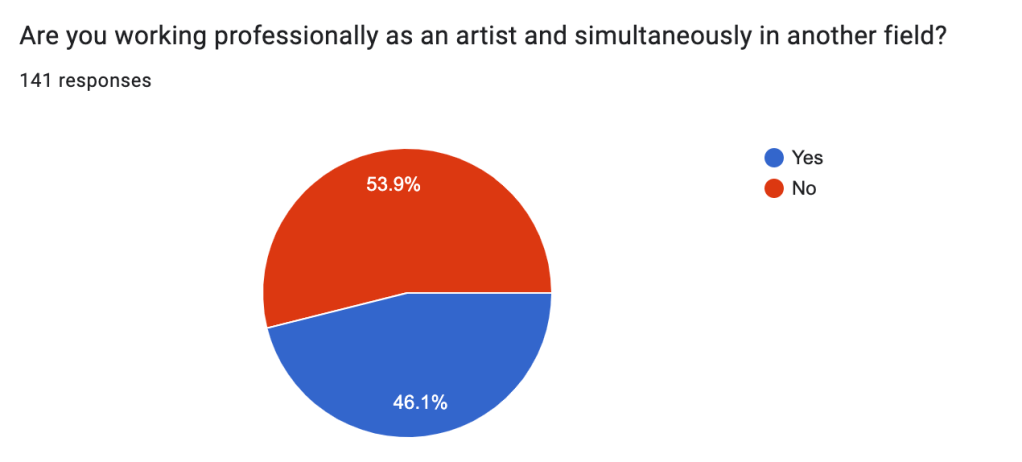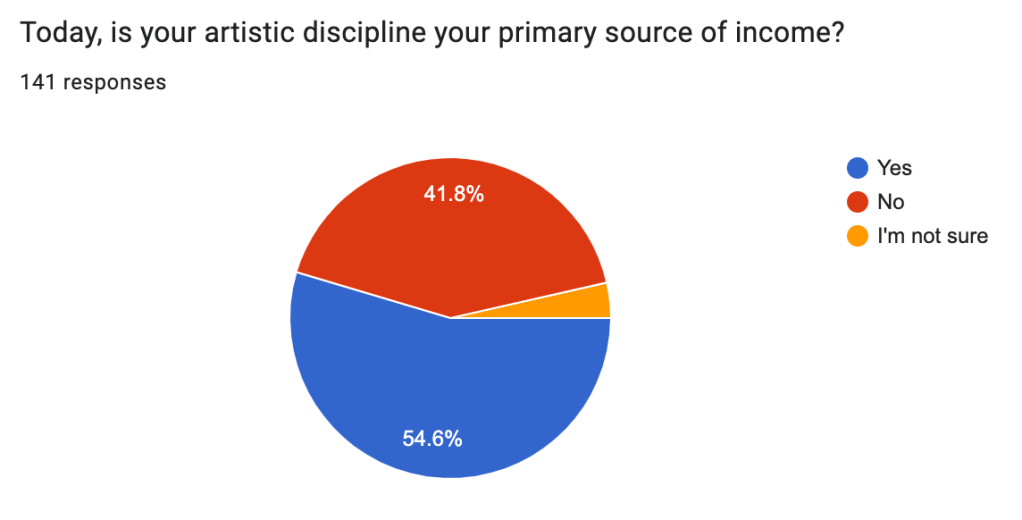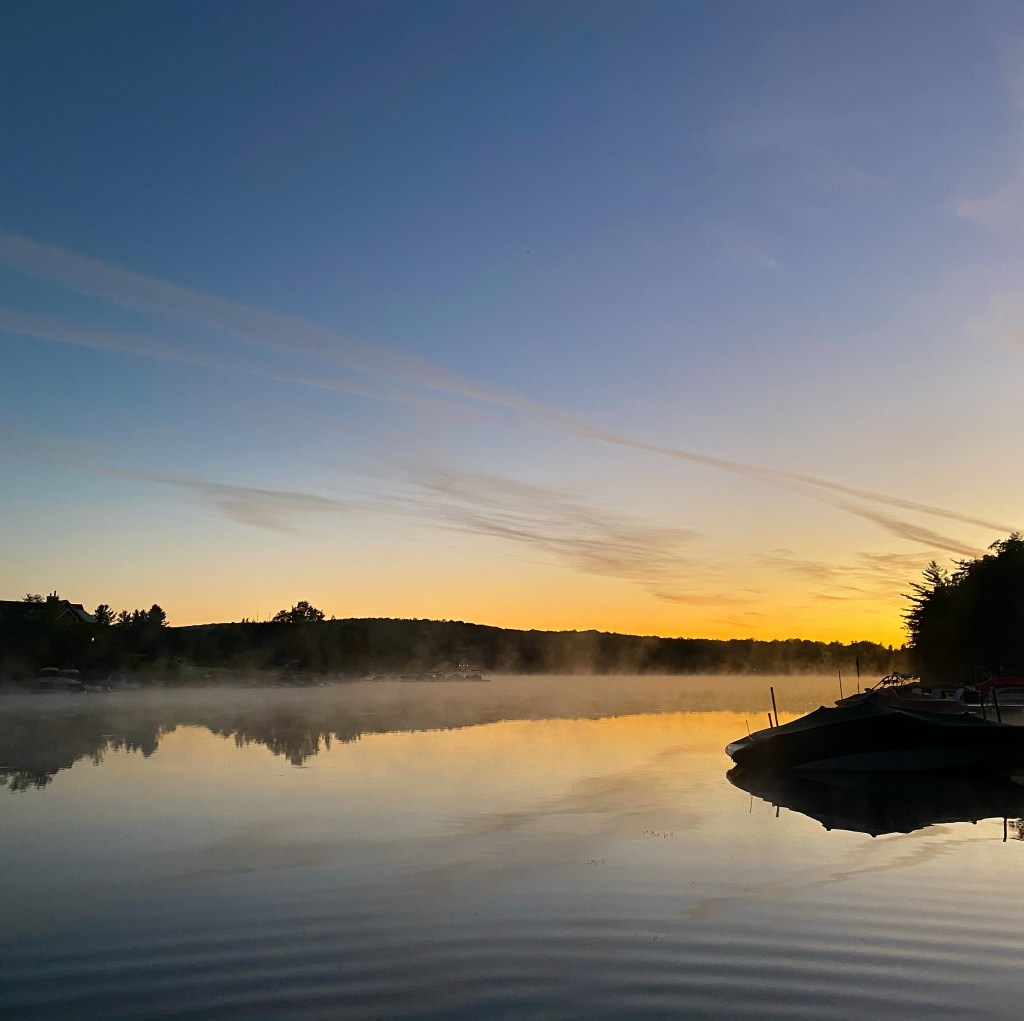A big focus of this little corner of the internet has been on identity: how one can lose or transmute one’s identity based on any number of factors, but principally from occurrences in the professional realm.
(And honestly, with the news about Opera Philadelphia, Opera News, and the passing of Renata Scotto just tidy? Let’s say that recent events point to a shift in the identity of opera companies in the larger ecosphere, as well. Big day, today way.)
If we know each other in real life, or you’ve had the misfortune to ask me about my favorite readings and podcasts, chances are you’ve already heard the gospel of Andrew Huberman. An ophthalmologist and neuroscientist (classic underachiever haha!), he provides free long-form interviews with experts in any number of heath-related fields. I learned about habit bundling from the Hidden Brain episode with Katie Milkman, and The Huberman Lab is largely the one that accompanies me when I’m walking or working out, as the topics are interesting, and in-depth enough that as a non-scientist I have to pay attention if I don’t want to miss something helpful.
I started to listen to this episode with Dr. Maya Shankar yesterday, and it was INCREDIBLY validating! Firstly, Dr. Shankar gets those of us in the classical arts: she studied with Itzak Perlman (maybe you’ve heard of him?) at Juilliard until an injury derailed her nascent career. She had to figure out what it was that playing gave her that she found so compelling: for her, it was the ability to connect with people. She’s now an incredibly successful cognitive scientist (full disclosure: I might’ve been so inspired as to sign up for a beginners course on Coursera. The podcast is that good.)
She speaks at length about identity: about initially being limited in what we feel we can achieve by our culture or family structure; the dangers of tying one’s identity too closely to a job; the importance of feedback (something that’s having a bit of backlash in this moment’s current preoccupation with authenticity); moving away from that first fascination and managing one’s own expectations for finding that same rush. (Spoiler alert: the second fascination hits differently that the first, might be a little more mellow, a bit more of a sleeper hit.)
I would highly recommend this to anyone who is flirting with a career change, or who might find the status quo impossible to maintain and is looking for a sign that trying something new might be in the cards. (And I am SO GAME to discuss anything in this podcast – you know how to find me!)














